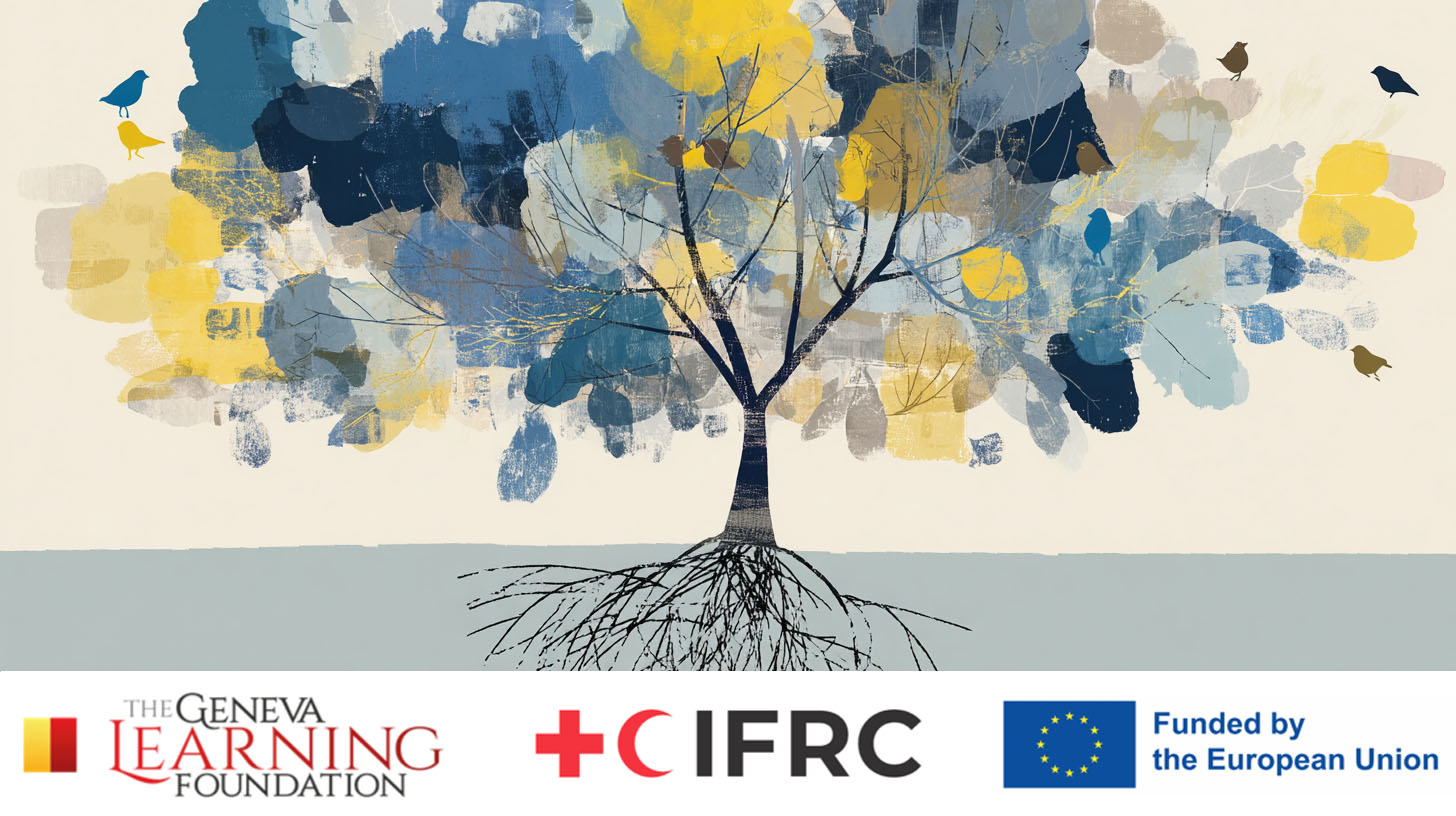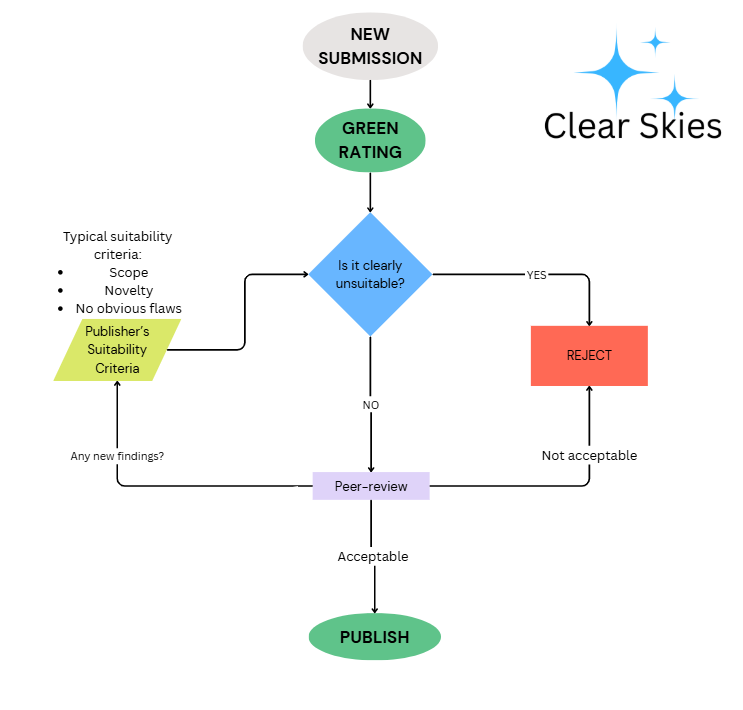
In the PFA Accelerator, practitioners supporting children are teaching each other what works . Every Friday, more than 240 education, social work, and health professionals across Ukraine and Europe file reports on the same question: What happened when you tried to help a child this week? Their answers – grounded in their daily work – are creating new insights into how Psychological First Aid (“PFA”) works in active





